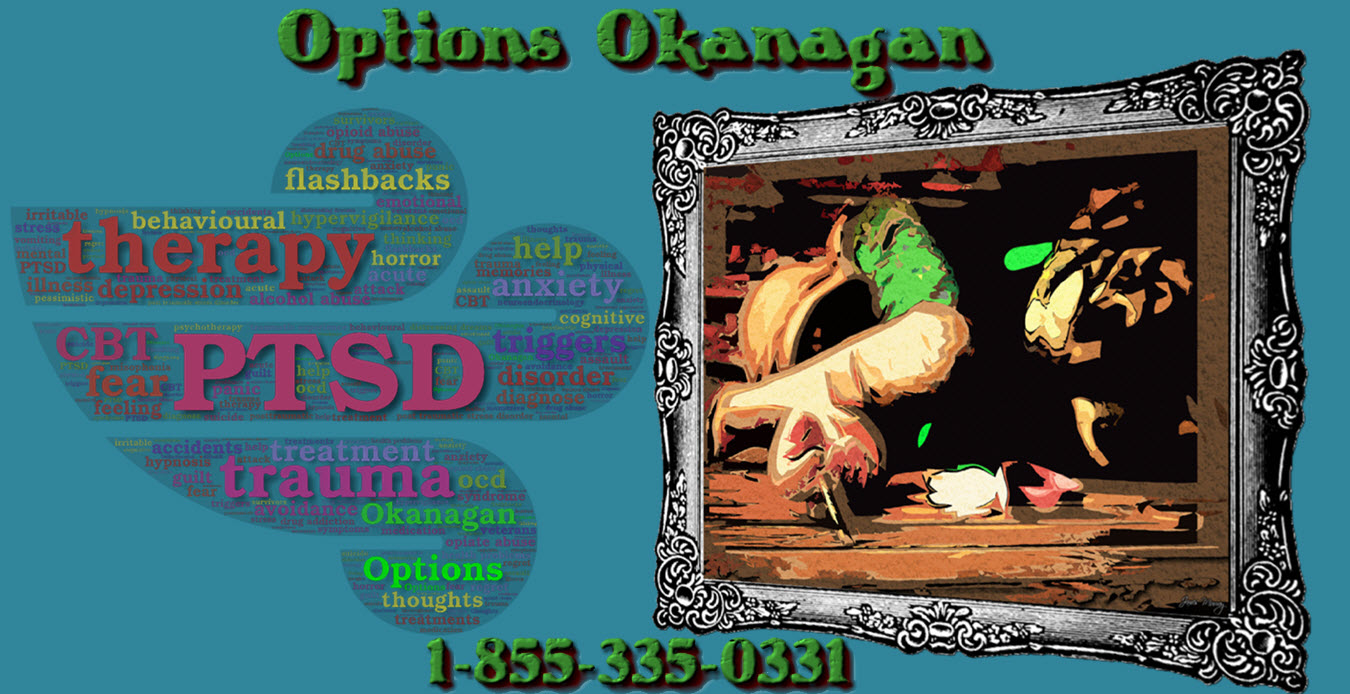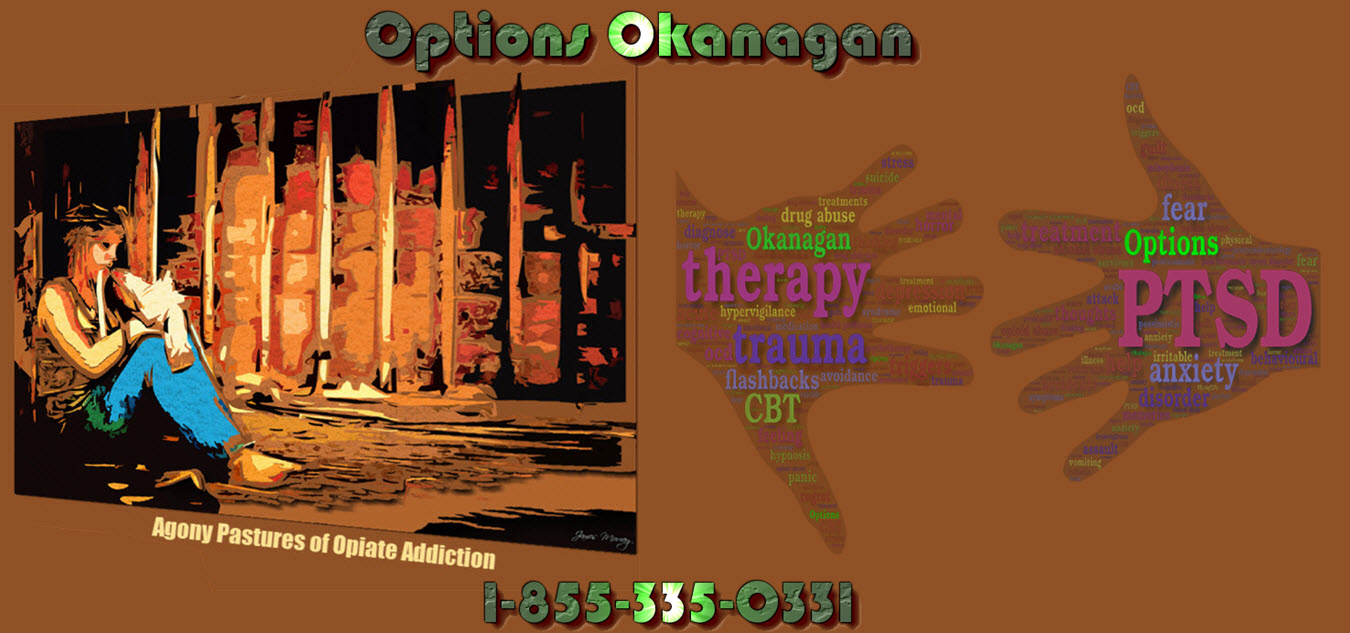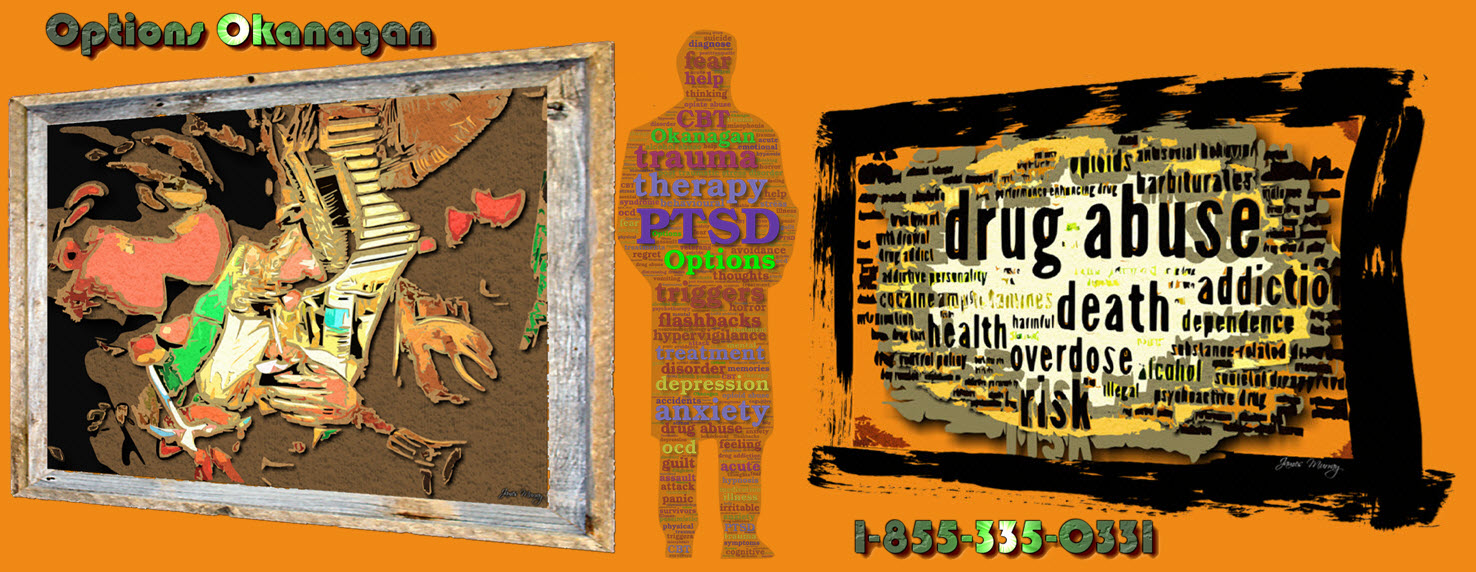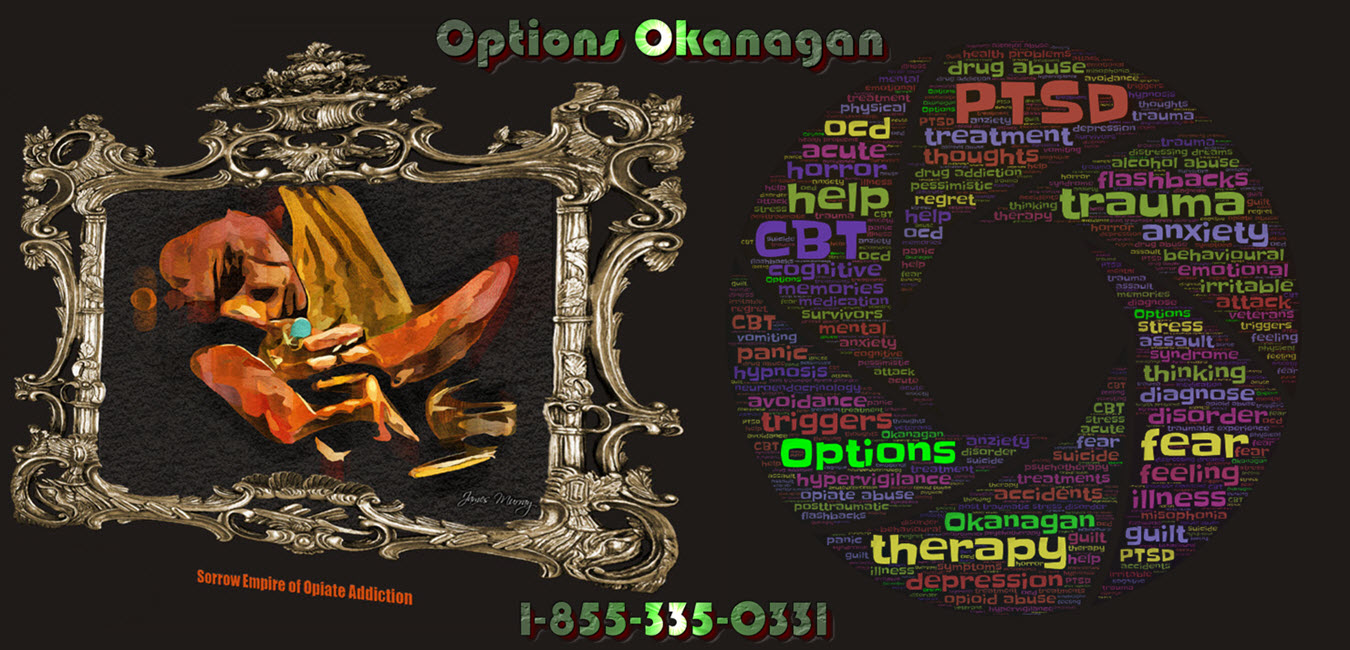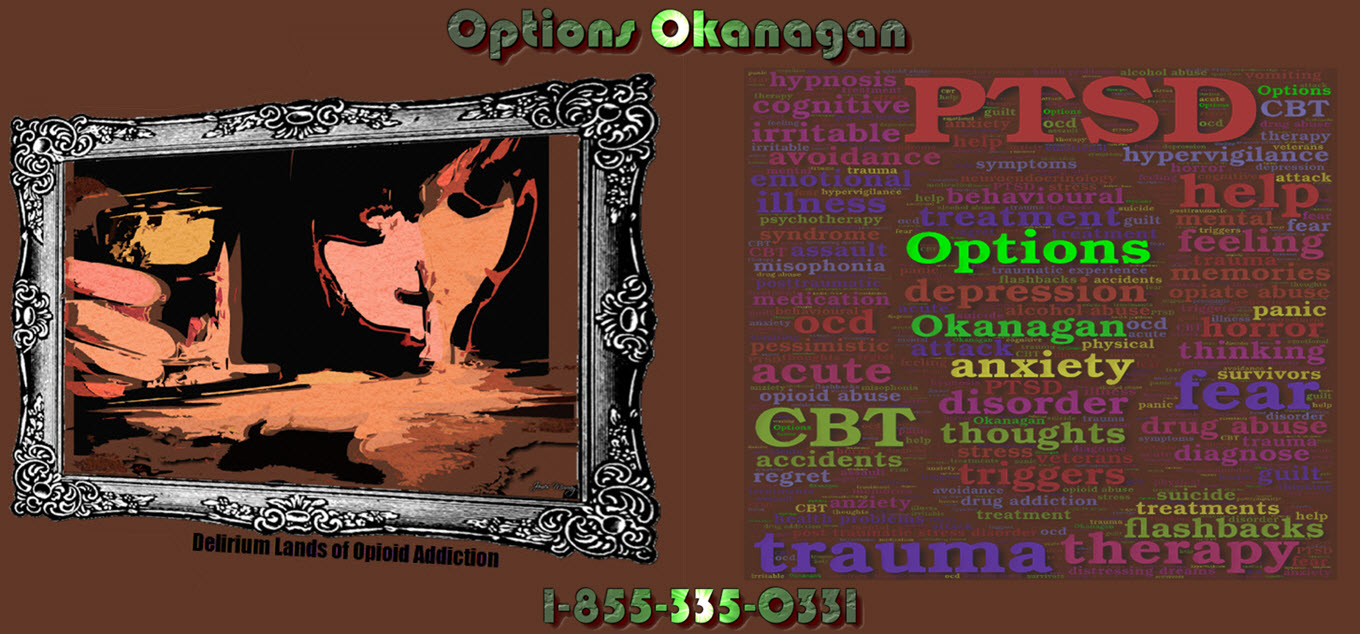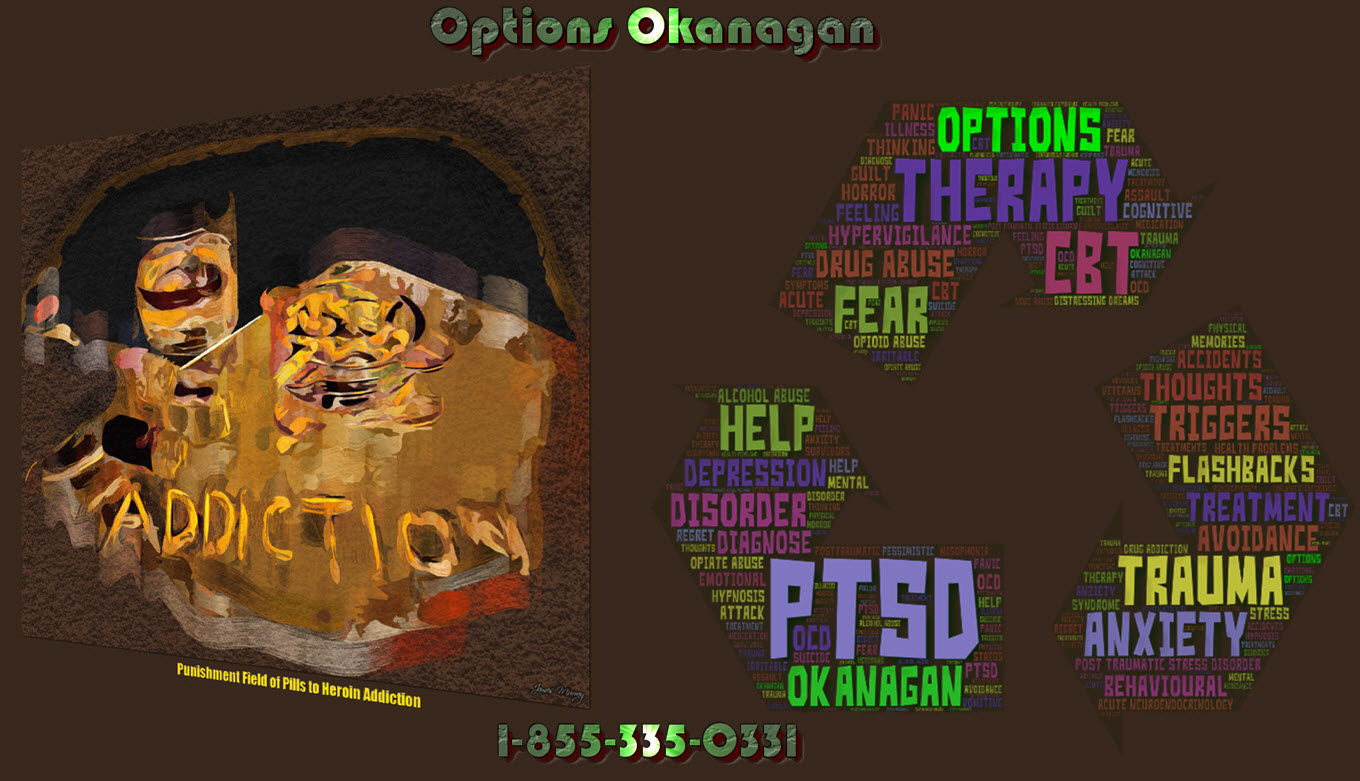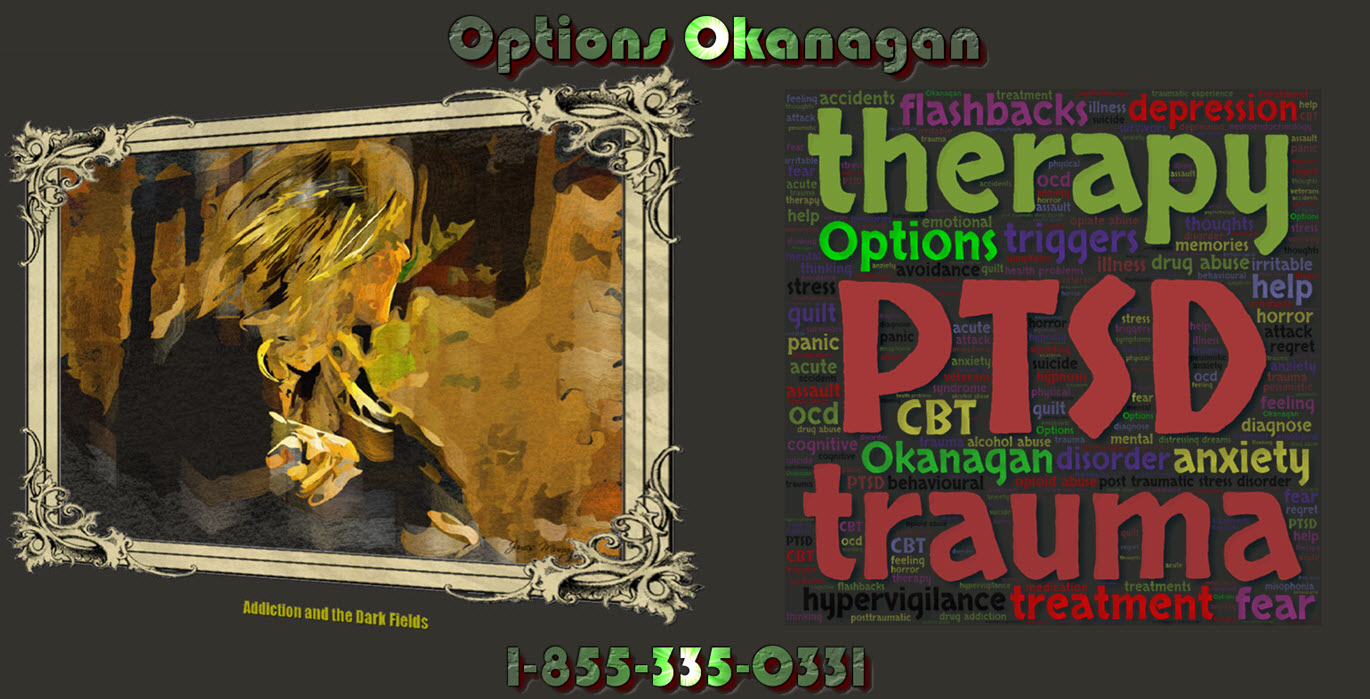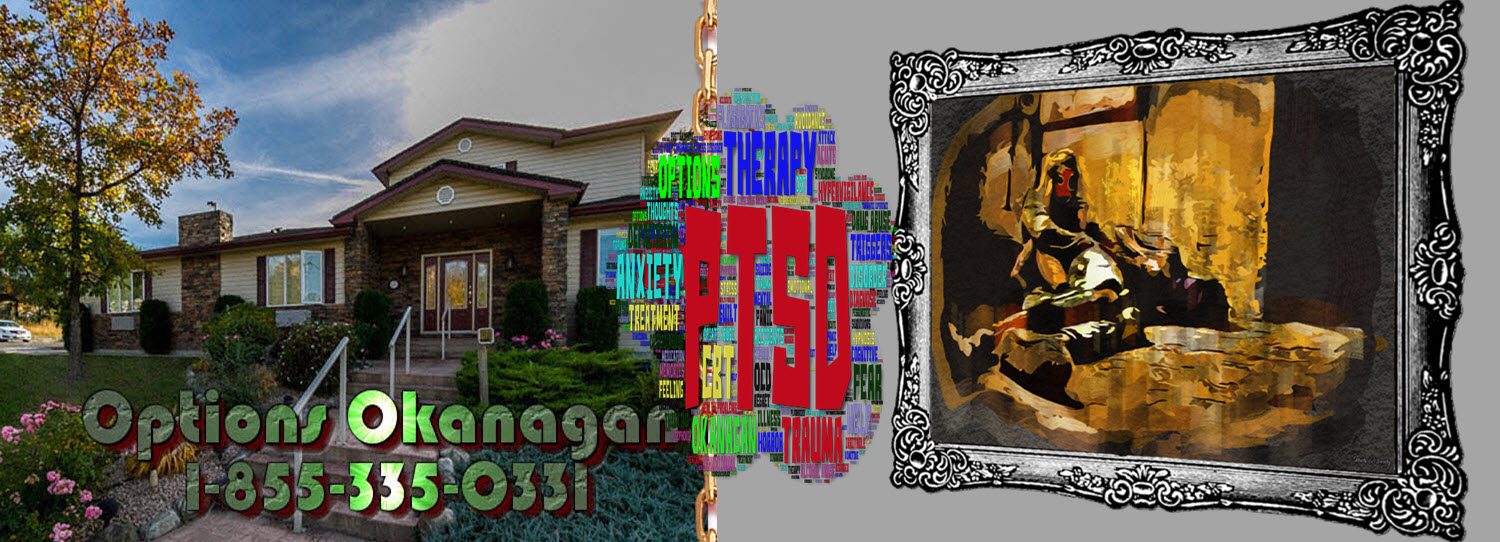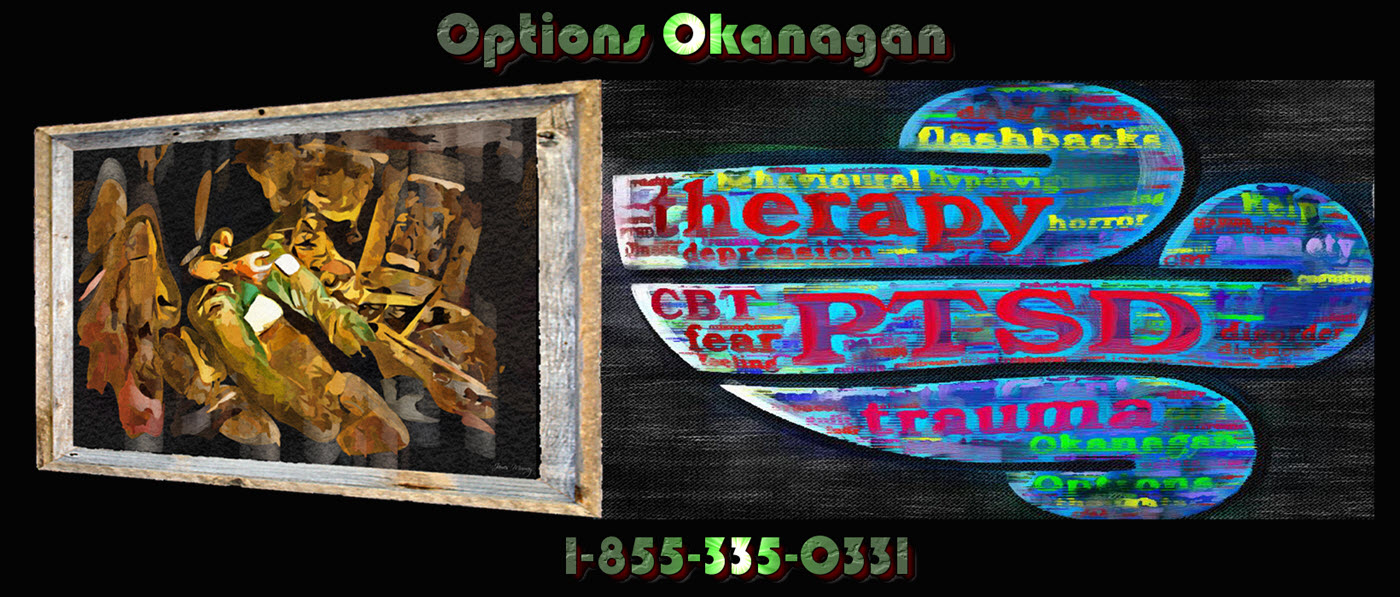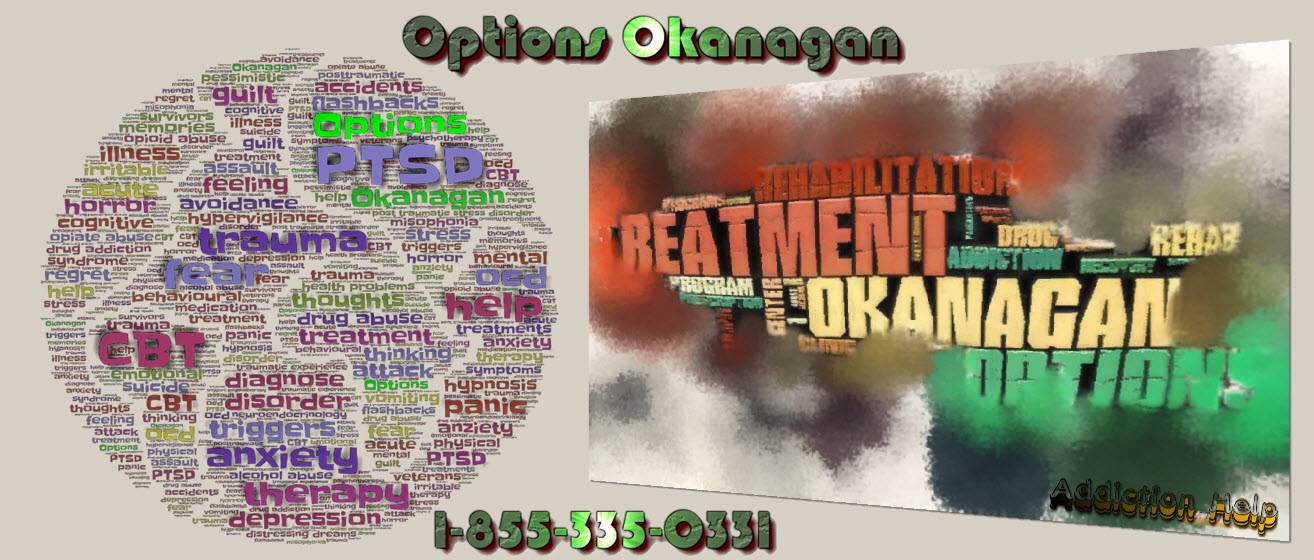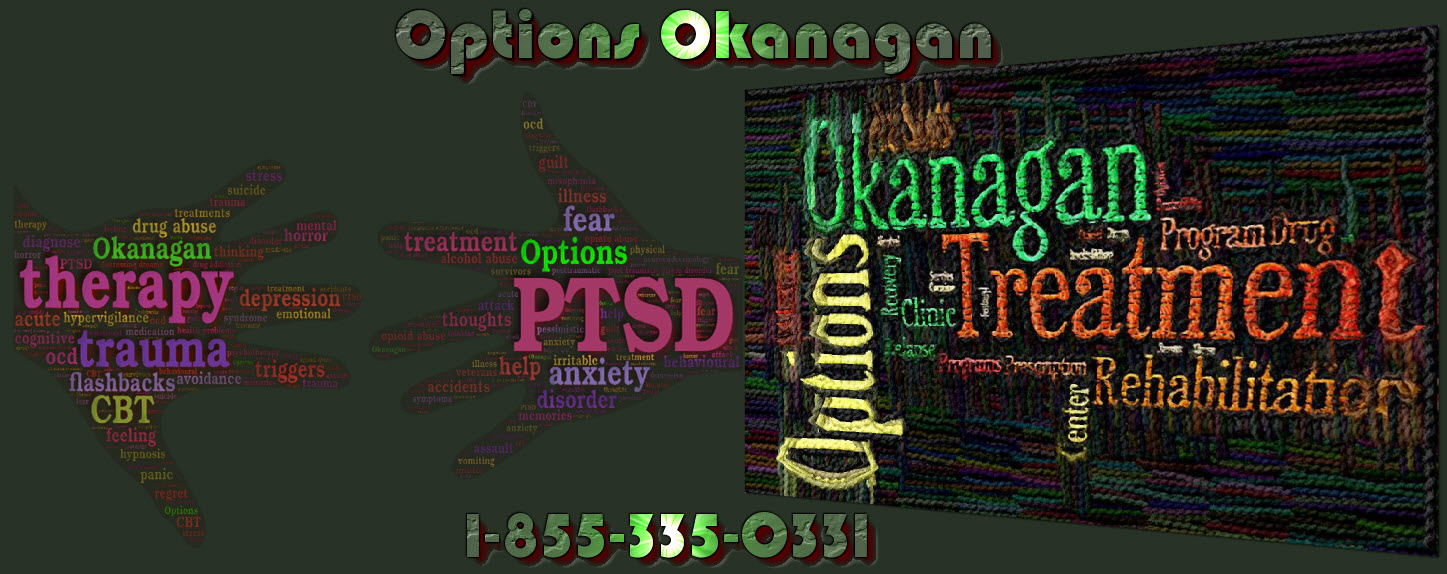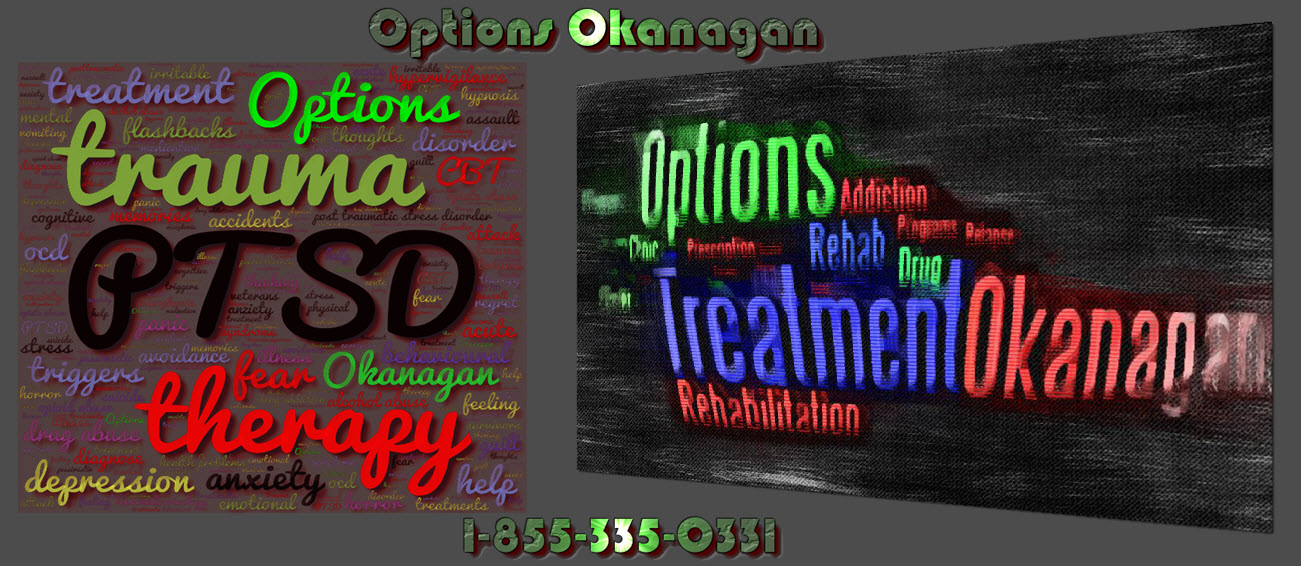Crucial things to do after drug or alcohol rehabilitation to avoid relapses – Opiate and prescription drug intervention in British Columbia and Alberta – Options Treatment Center in Kelowna, British Columbia treating prescription drug, opiate, opioid, heroin, and alcohol addiction and recovery.
Prescription Drug Rehabs In Alberta And BC
One of the most important steps you can take to stay healthy and stay safe is to enter a rehabilitation center if you have a drug or alcohol problem. However, it is important to keep in mind that you cannot fully recover from drug or alcohol addiction. Healing is an ongoing process and thus their treatment doesn’t end the day you come out of rehabilitation. If you want to live a fuller, healthier, and more conscious life, it’s important to plan their life after their stay at the rehabilitation center is over. These are things to do when you get home from rehab.
Get Further Treated
Remember that addiction is a chronic disease. Chronic illness can bring their bad head back when a person relapses on treatment, and that is when it comes to drug addiction. During the rehabilitation process, when you receive their individual consultation, you may have a plan for how you will continue their treatment after rehabilitation. Even if you feel strong after rehabilitation, you shouldn’t miss any treatment appointments. Remember that relapses can occur at any time and these treatment sessions can help you avoid recurrences.
Find Support Groups To Join
Regardless of whether you were discouraged or encouraged to join a rehabilitation group during their rehabilitation, you should definitely consider finding a support group. Social support has played an important role in preventing relapse for years. Having a social support network can make it easier for you to endure stress, depression during difficult times. Additionally, if you are vulnerable and at risk of relapse, you can get immediate support from support group members. A group of people who have been in a similar situation and an experienced sponsor can be very helpful in helping you to stay strong after leaving the center.
Find And Keep Friends Who Do Not Get Drunk Or High
After you leave a rehab center, you need to find a social support network that goes beyond sponsors and support groups. During this time, you should have friends and family to guide and interact with. The new people or friends you hang around with must not drink or do drugs. If they drink from time to time, they shouldn’t do it in their presence. You should avoid returning to old friends who drink or use drugs. Remember that relapses are mainly caused by triggers, and the strongest trigger is memory. Typically, when you are around people you have used with or near the area, the chances of relapse usually increase exponentially.
Proceed With Caution
Stress, anxiety, and depression are the leading causes of relapse for most people. Even though stress is a part of life, it can be very dangerous for you as a healing addict. Therefore, you need to learn how to manage their stress before it becomes excessive. After verifiable research studies, it is evident that careful techniques such as meditation and yoga can reduce drug appetite and relapse. Precautionary techniques can be of great help, especially when applied as soon as you leave rehabilitation. After leaving rehab, it is advisable to take meditation classes and do exercises such as yoga and pilates as they can help relieve stress.
Find A Goal For Themself
Once you join a rehab program, their life revolves around staying sober. If you want a more fulfilling and happier life after leaving rehab, then you need to find something to live for. You need to find a purpose in their life because it will give you something to look forward to every day. You can find new goals by returning to school, looking for a new job, volunteering, learning new skills, and finding new hobbies. When you find something that interests you, go after it hard.
Options Okanagan Opiate and Alcohol Treatment Centers in Kelowna, Salmon Arm and Vancouver, British Columbia – Men and Women are recovering and healing from Alcohol and Drug Abuse at our treatment center here in the Okanagan right now.
Our unique and distinctive Opiate Drug and Alcohol treatment program allows men and women to come in from Calgary as well as Edmonton as we offer airport pickup.
Numerous clients come to us from Vancouver, Calgary, and Edmonton and other locations in Alberta and even other provinces for Opiate addiction treatment, heroin drug treatment, many other drugs, and alcohol addictions for rehabilitation because of the uniqueness of our treatment center.
Our (Kelowna) Alcohol and Drug Treatment Program Location:
(Not Mailing Address) – Contact Us – Web Page
For Mail Delivery :: Please contact each center for correct mailing addresses, also this location is the location of our residential treatment programs in Kelowna. Please call Toll Free 1-855-335-0331 – to contact the treatment center you are going to for the address and directions.
Options Okanagan Drug and Opiate Treatment Center
551 Sherrydale Crescent, Kelowna, British Columbia, V1V 2E6
Toll-Free Phone Number: 1-855-335-0331

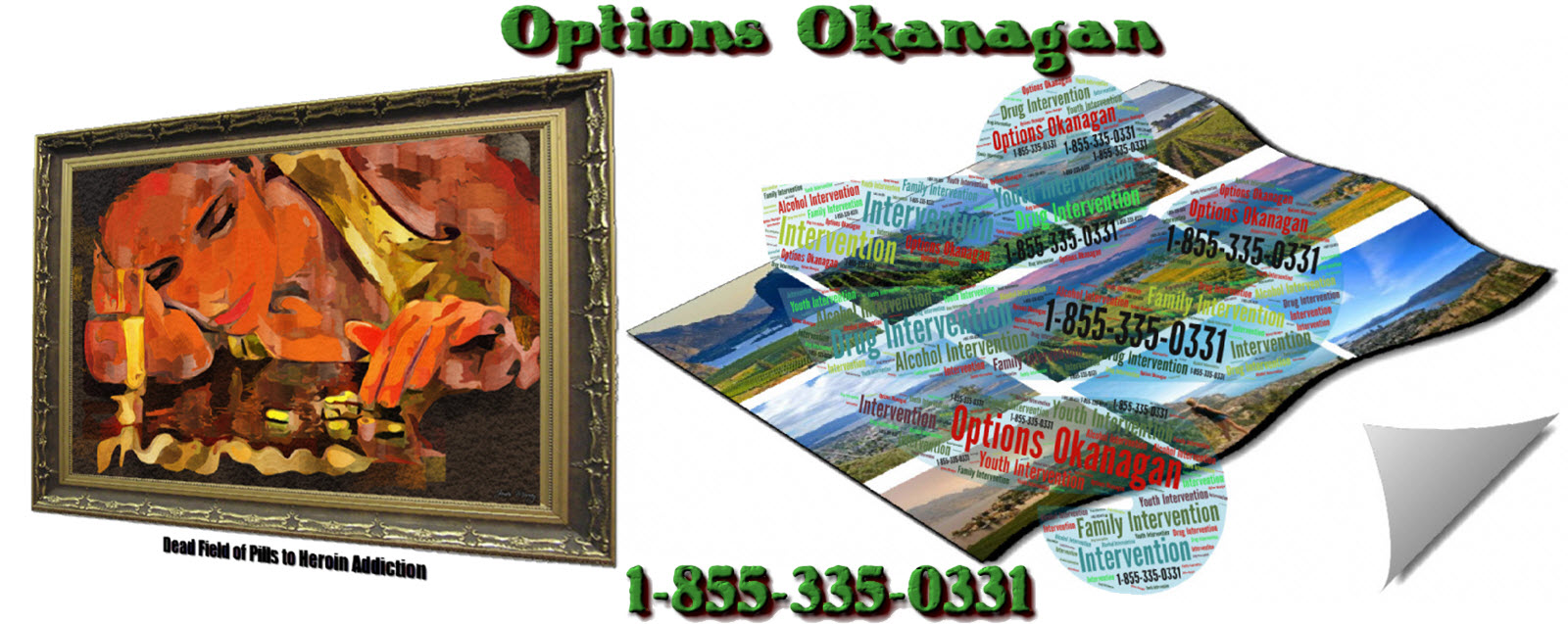

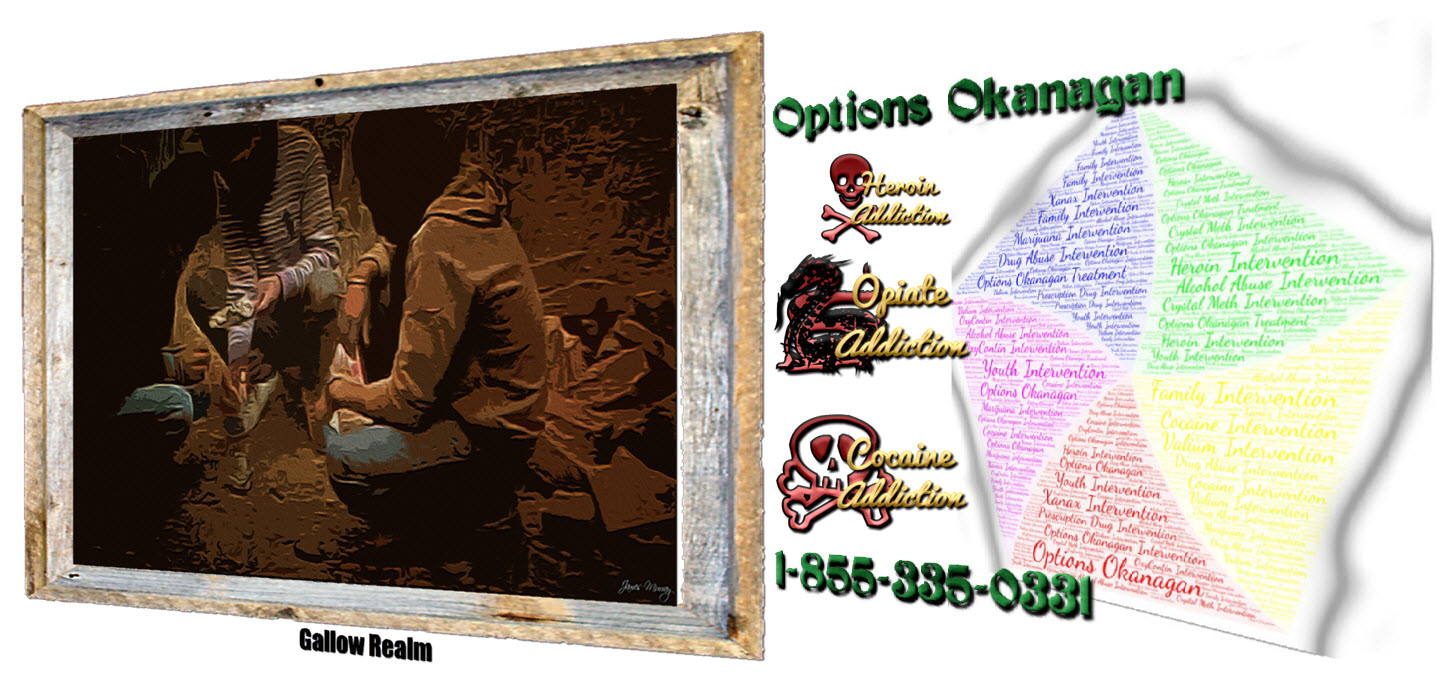

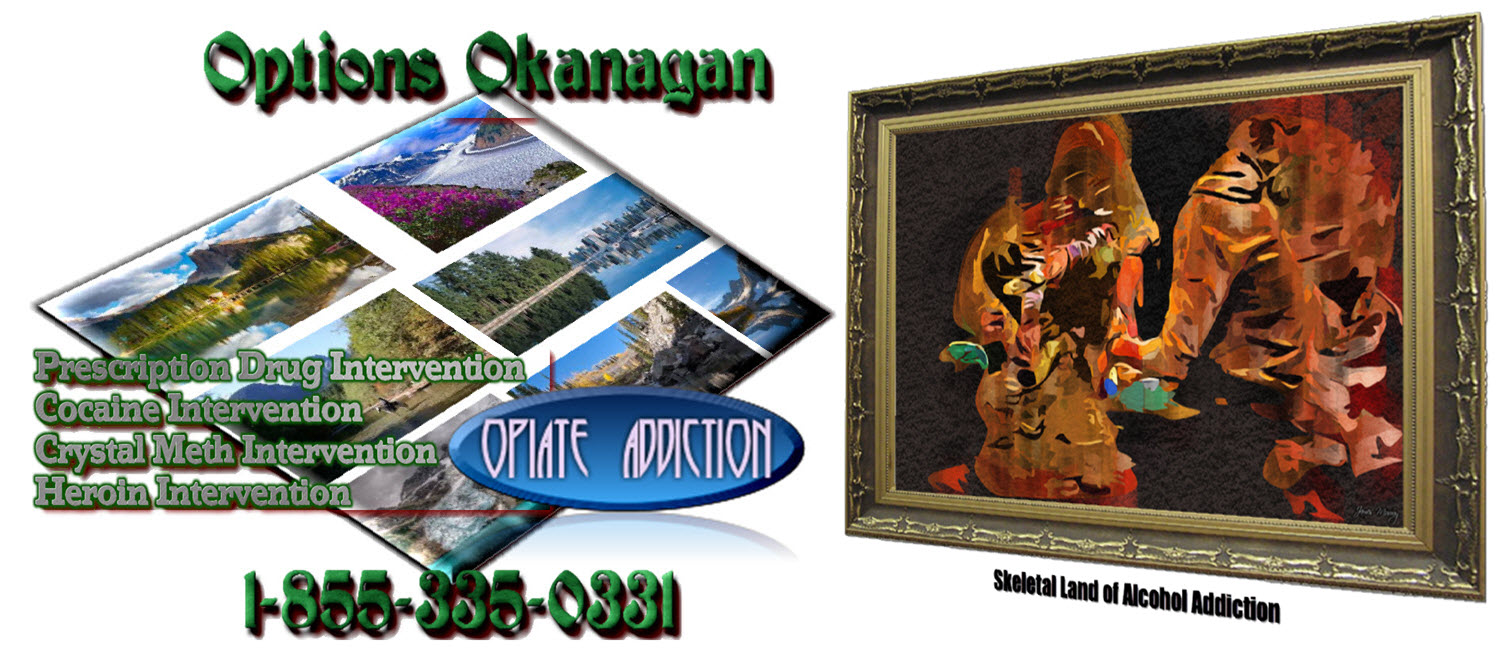
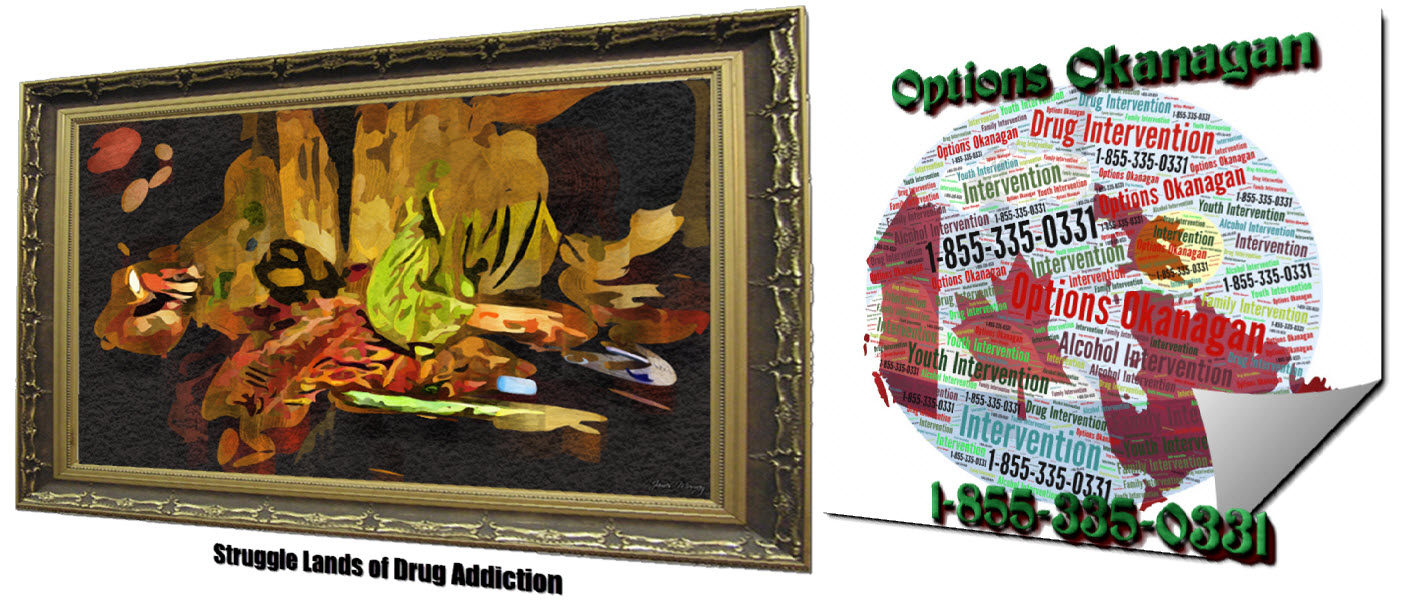
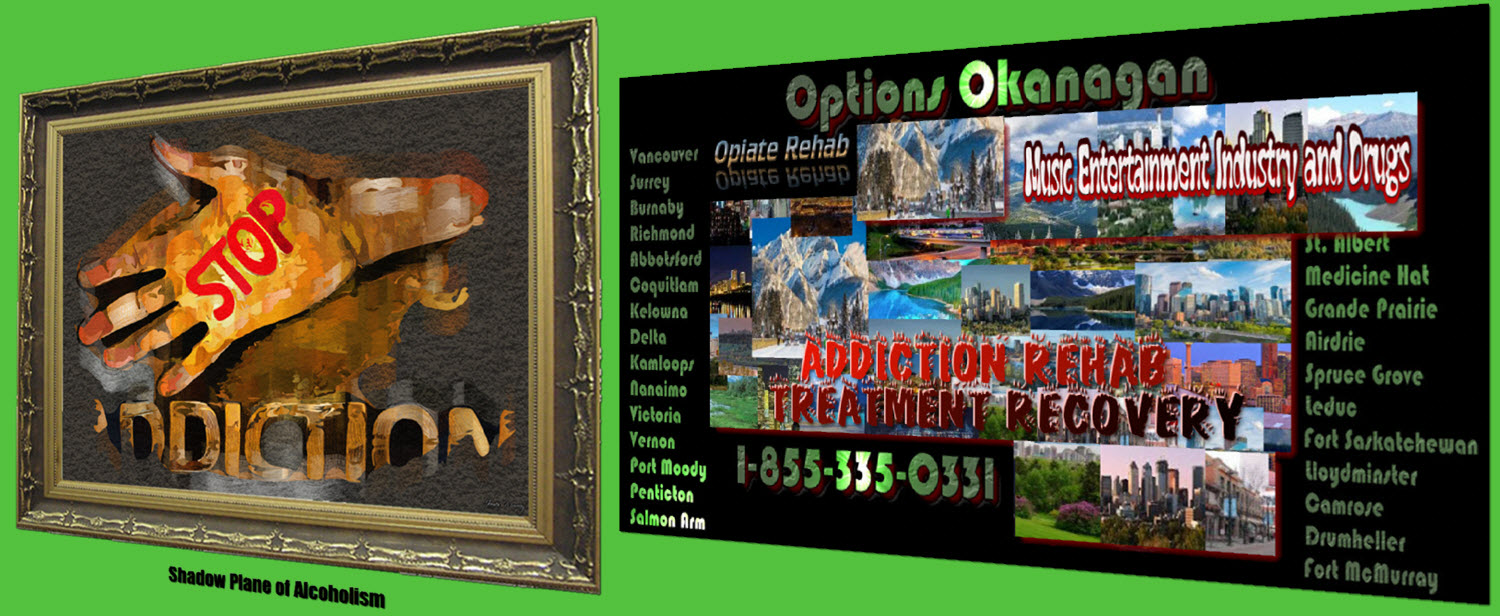
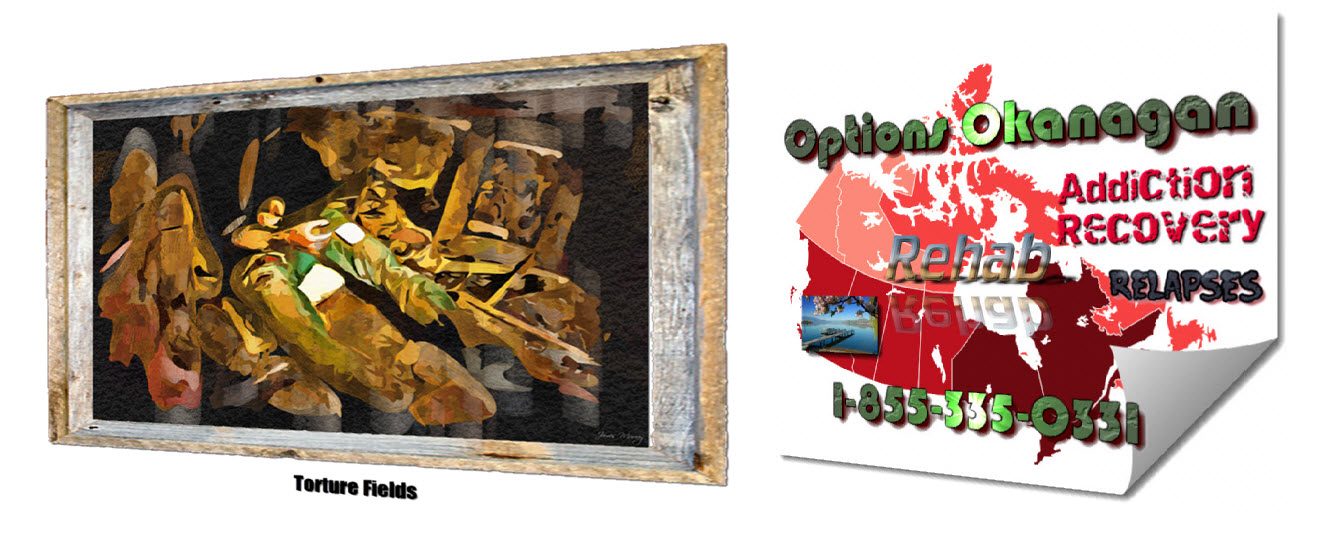
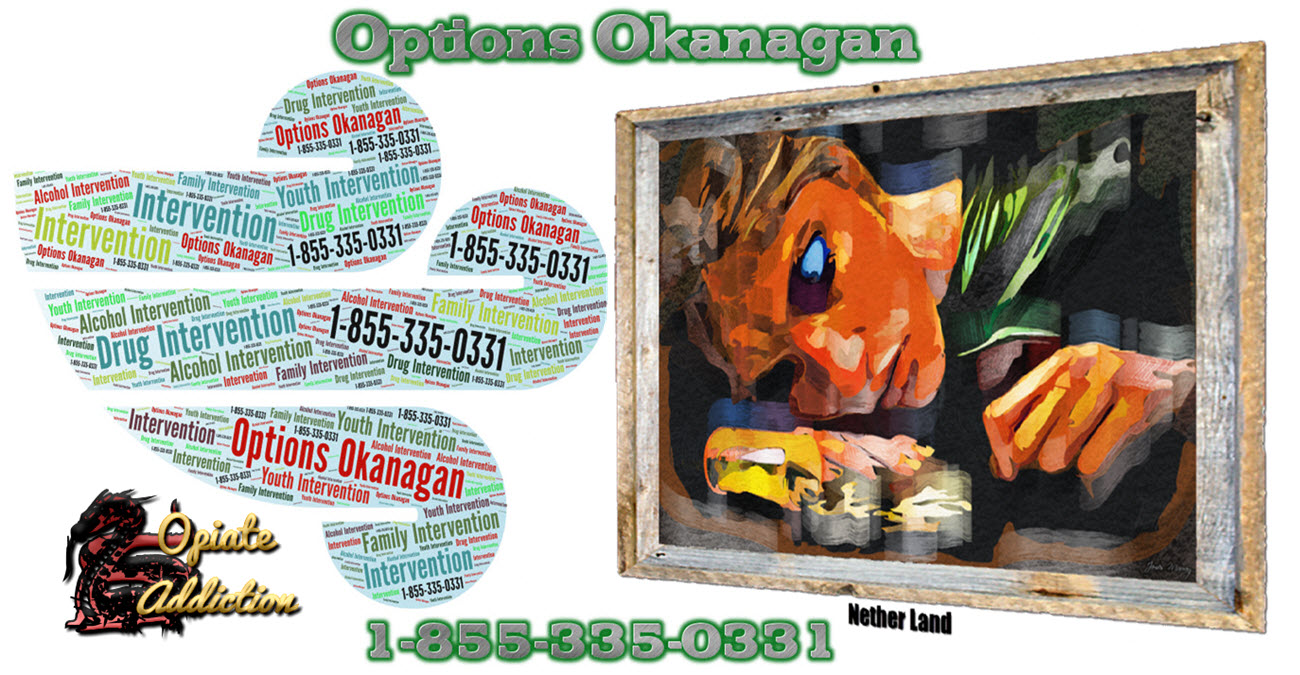

 and Depression Treatment - Mental Health Disorder Programs and Clinics in Alberta & BC - Options Okanagan.jpg)
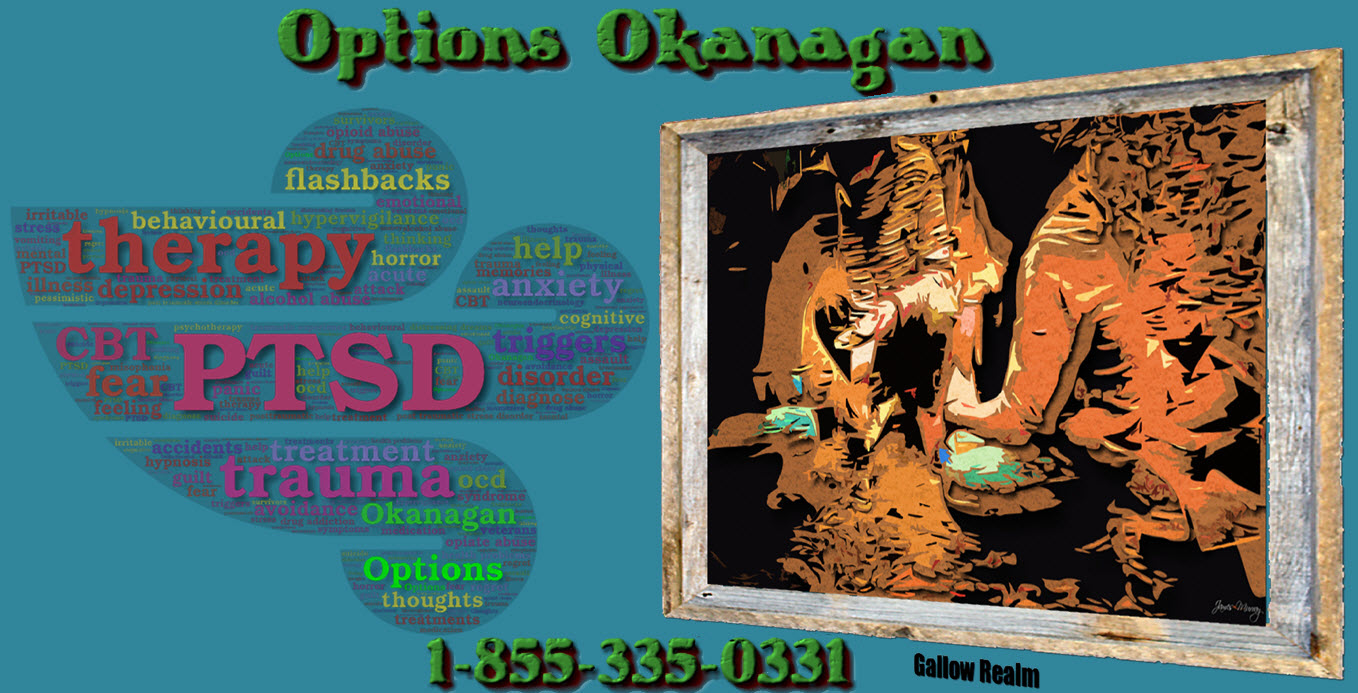
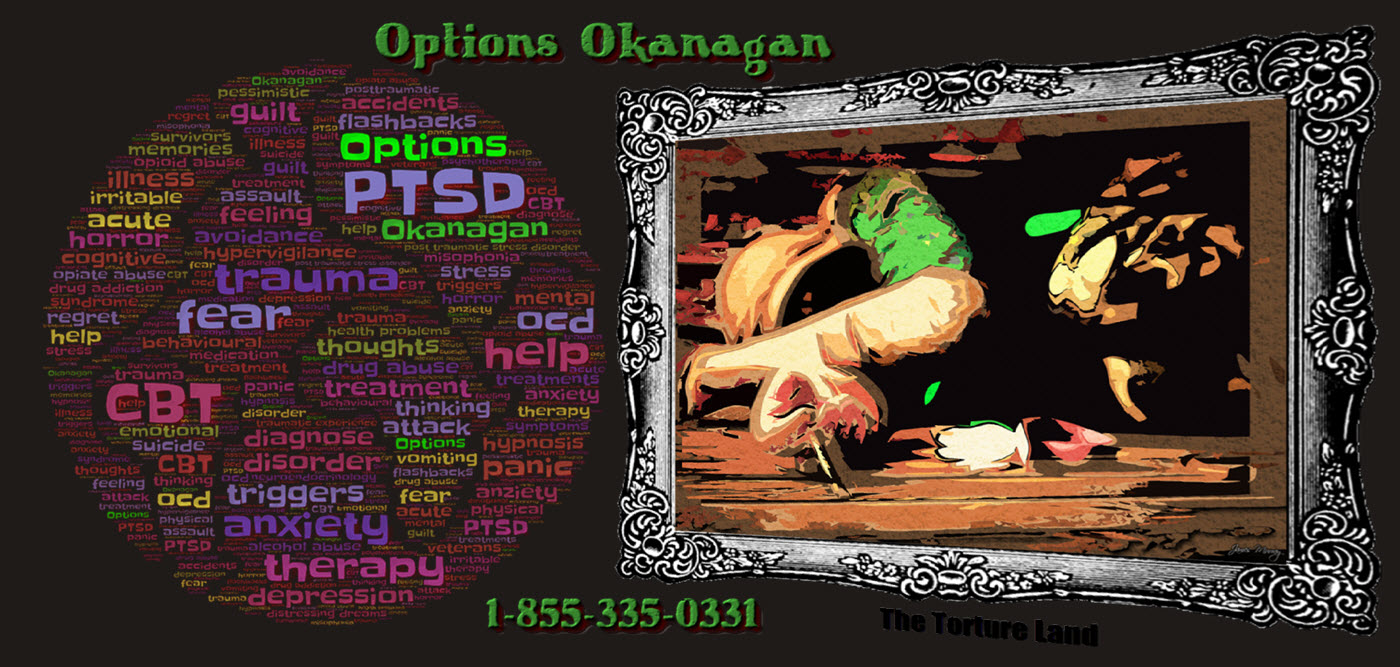
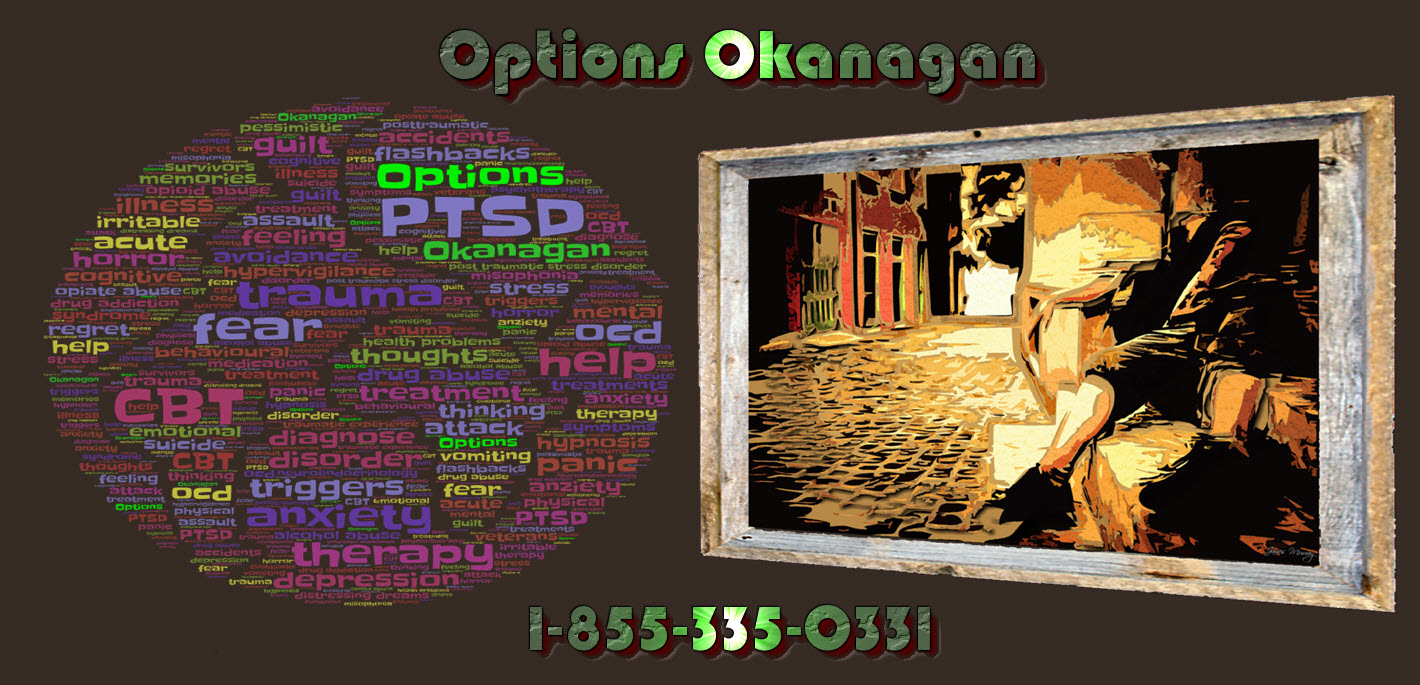
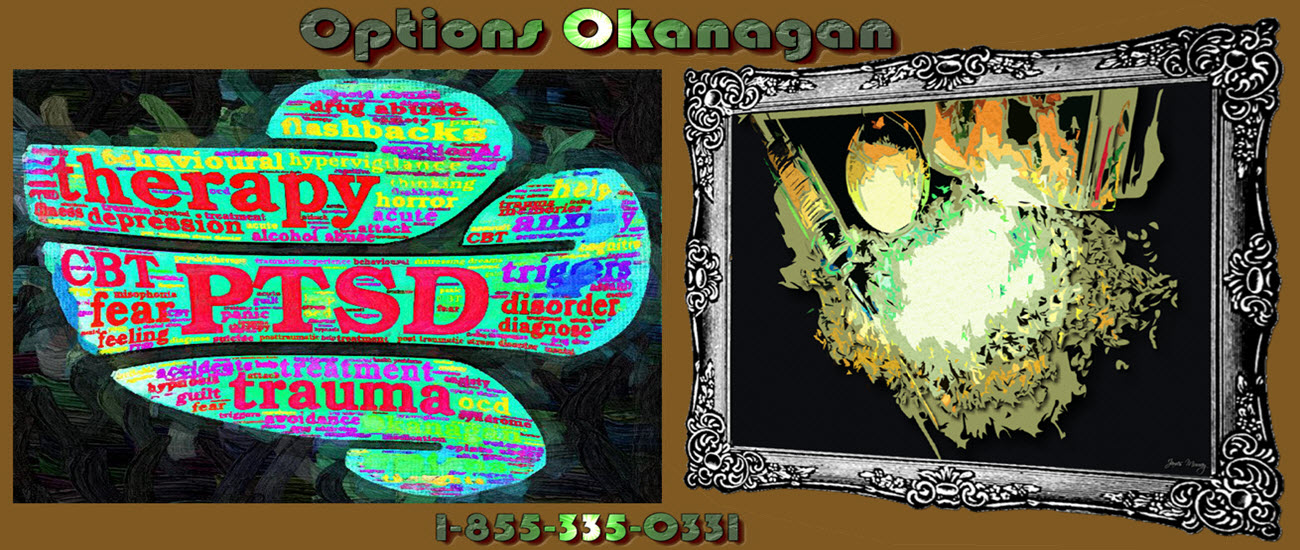

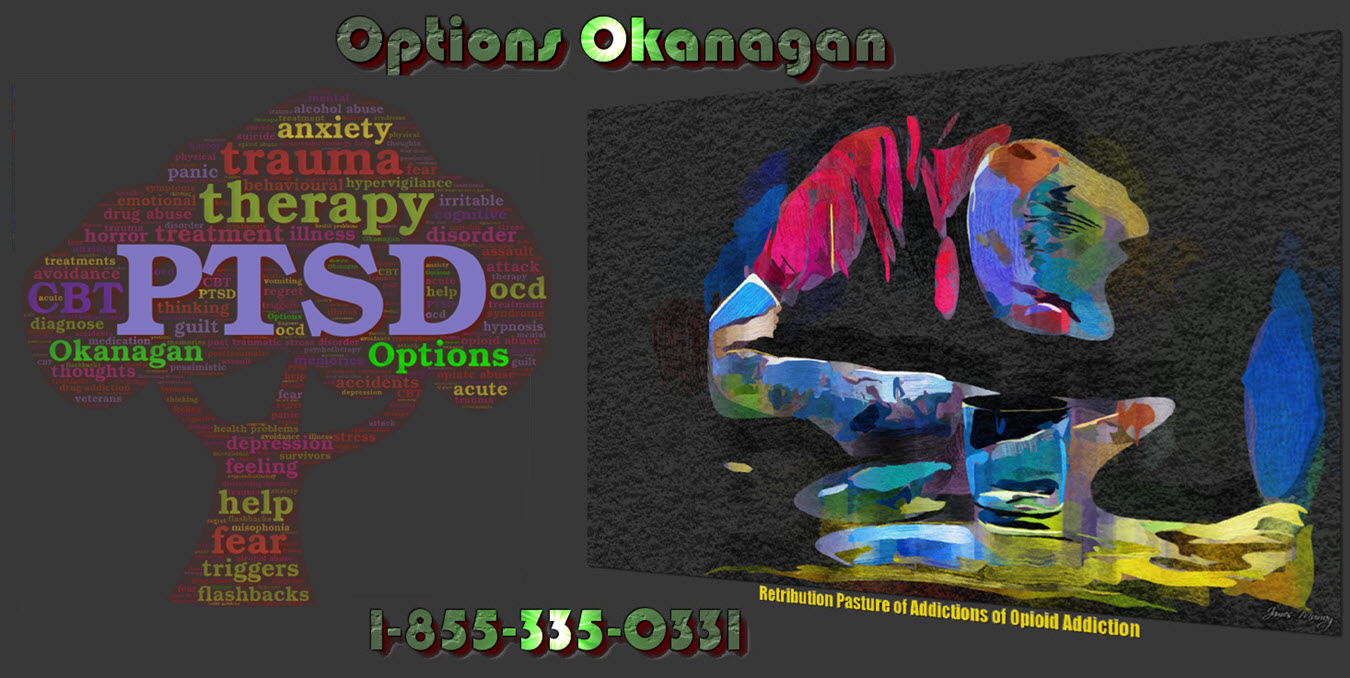
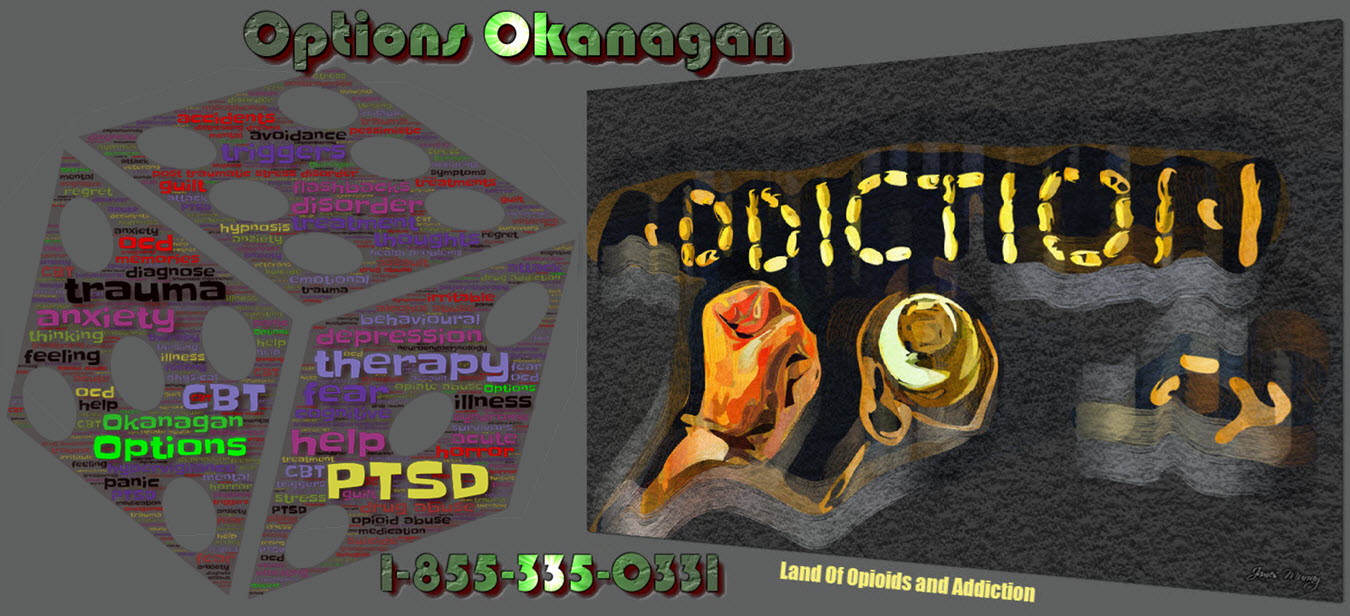
 and Trauma Treatment - anxiety disorders - Mental Health Disorder Programs in Alberta and BC - Options Okanagan.jpg)
